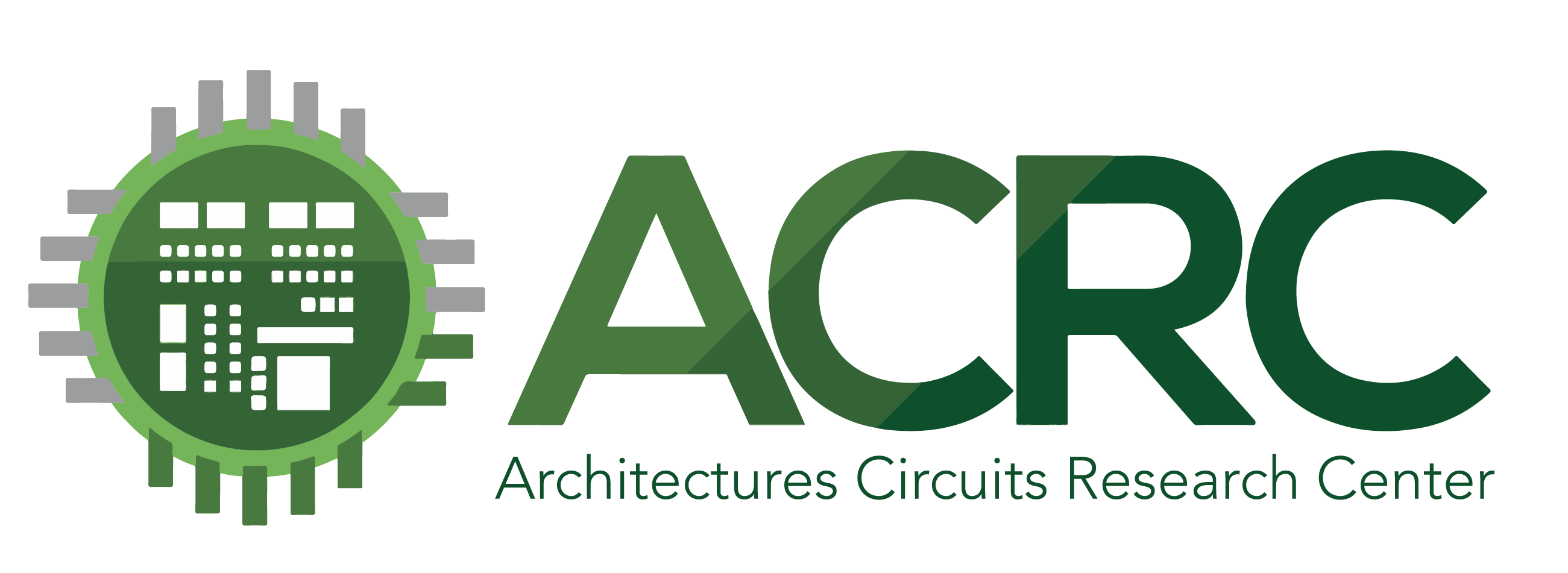February 23-25, 2020
Instructor: Prof. Vadim Issakov, OVGU Magdeburg, Germany
Teaching assistant: Nimrod Ginzber (nimrodg@campus.technion.ac.il)
Lectures: 13 hours, three days.
Academic points: 1pts
Exam: 28/02/2020 at 9:00 and/or 20/03/2020 at 9:00
Topics
This course will cover advanced topics in radar systems from system calculation to mm-wave circuit design and integration with antennas.
Prerequisites
- 044142 | Linear Electronic Circuits or
- 044137 | Electronic Circuits
Assignments
The course will consist of: lectures, discussion, practical examples, exam.
Course Abstract and Outline
Recent advances of silicon-based semiconductor processes and packaging technologies have accelerated the implementation of radar sensors for numerous mass-volume applications at mm-wave frequencies. CMOS and SiGe technologies seem to provide a very attractive solution for realization of mm-wave radar transceivers.
This first part of the lecture will start with the basic introduction of continuous-wave (CW) and pulsed radar systems. We discuss briefly the frequency regulations for automotive and consumer radar applications. Then we focus only on CW and FMCW systems and consider range, velocity and angular resolution. We discuss how to derive a specification of the radar system based on the specific radar application scenario, as e.g. link budget calculation, frequency chirp, dimensioning of filters and VGA in the analog baseband, choosing sampling rate and resolution of the ADC. Next, we discuss the impact of phase noise on radar systems, as e.g. range correlation effect. Further, we discuss the radar signal processing, range-Doppler map and detection of multiple targets. Finally, we discuss advanced topics as noise floor degradation by non-ideal mixing and TX to RX spillover cancellation and show integrated radar system examples. Then, we derive specification of the circuit blocks based on the system requirements and adress the design of the blocks separately in the second part.
The second part deals with the circuit design and physical implementation of the systems on chip (SoC) and systems in Package (SiP) for mm-wave radar applications. First, we repeat the basics of mm-wave design, as e.g. CMOS and bipolar transistor performance at mm-wave, passives at mm-wave, nonlinearity, noise, stability. Next, we discuss the design of mm-wave LNA, mixers (active and passive), VCO, Power Amplifier, frequency divider and multiplier. We discuss considerations on LO synthesis and distribution for large chips. Additionally, we discuss realization challenages of antenna on-chip and in package at mm-wave frequencies. Finally, we discuss examples of latest reported radar transceivers.
This course aims to provide a deep overview over modern radar systems for automotive and consumer applications. The students will get a broad scope starting from the radar sensing scenario, translating it into the block specification, designing the circuit blocks and realization of the transceivers. Novice designers can get an introduction to circuits and systems, while experienced mm-wave designers can expand their knowledge by connecting the circuits and systems for radar applications.
Course schedule:
23.02.20:
09:30-10:45 – Introduction to Radar Systems and Radar Fundamentals
10:45-11:15 – Coffee break
11:15-12:30 – Doppler Radar and Pulse Radar
12:30-13:30 – Lunch break
13:30-14:45 – FMCW Radar and Chirp-Sequence Radar
14:45-15:15 – Coffee break
15:15-16:30 – Advanced Effects in FMCW Systems
24.02.20:
09:30-10:45 – Systematic Design Steps of FMCW Radar Systems
10:45-11:15 – Coffee break
11:15-12:30 – Specification Calculation of RF Circuit Blocks & Analog Baseband
12:30-13:30 – Lunch break
13:30-14:45 – Fundamentals of mm-wave Circuit Design
14:45-15:15 – Coffee break
15:15-16:30 – LNA Design
25.02.20:
09:30-10:45 – Mixer Design
10:45-11:15 – Coffee break
11:15-12:30 – Power Amplifier Design
12:30-13:30 – Lunch break
13:30-14:45 – LO Generation and Distribution
14:45-15:15 – Coffee break
15:15-16:30 – Antenna on-chip and in-package and State of the Art Systems
Lecturer Bio
Vadim Issakov received the M.Sc. degree in microwave engineering from the TU Munich in 2006 and the Ph.D. degree from the University of Paderborn, Germany, in 2010. He received an award for the outstanding dissertation from the VDE (German Association of Engineers) and best dissertation award from the University of Paderborn.
In March 2010 he joined Infineon in Neubiberg, Germany. Afterwards he worked at IMEC and Intel Corporation, before he came back to Infineon in August 2015 as mm-wave Design Lead and Principal Engineer leading a research group working on pre-development of mm-wave radar and communication products. His work has been recognized by the IEEE MTT Outstanding Young Engineer Award. Since 2014 he was teaching classes on Analog RF CMOS Circuits and Highly-integrated mm-wave Circuits as Adjunct Lecturer at the University of Bochum and University of Erlangen, Germany. In September 2019 he joined the University of Magdeburg, Germany, as a full professor holding the Chair for Electronics.


